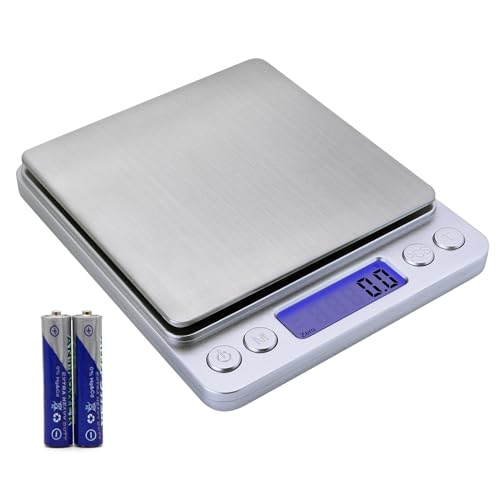SoapLover1
Well-Known Member
Hi!Oooohhhh…if only it were that easy. With all due respect, the fact that he was treated by Drs at The National Institute of Health should tell you that I’m slightly knowledgeable in this field and while all cases are different, this certainly was not the case in ours. I appreciate you though.
I truly apologize that this information seems to have made you angry. Not my intention! I was never negating where your grandchild is being treated nor his condition. Just trying to inform. I know I do not fit in "the box" on many issues, however, this one is well known.
I, too, have Eczema, along with my Son, 5 Sisters, Parents, 15 Nieces & Nephews. So, I too, speak from my personal experience. We all have Allergies that are triggers. As we have eliminated those triggers from either food or environment by recognizing the onset, we all manage our conditions much better. Many are now symptom free. When I have issues / flare-ups, I recognize the allergen and correct the issue(s). Because you are tested for Allergies, do not mean they tested for everything in the environment. So it’s up to you to recognize possible cause & effect.
According to, www.niaid.nih.gov,
"Causes & Strategies for Prevention
A combination of genetic and environmental factors appears to be involved in the development of eczema. Children whose parents have asthma and allergies are more likely to develop atopic dermatitis than children of parents without allergic diseases. Approximately 30 percent of children with atopic dermatitis have food allergies, and many develop asthma or respiratory allergies. People who live in cities or drier climates also appear more likely to develop the disease.
According to www.national eczema.org," What are the causes of eczema?
Many factors can contribute to eczema, including an interaction between your environment and your genes. When an irritant or an allergen from outside or inside the body “switches on” the immune system, it produces inflammation, or a flare-up, on the surface of the skin. This inflammation causes the symptoms common to most types of eczema...
Many common household items are also potential environmental irritants and can cause allergic reactions leading to an eczema flare. Additional common triggers of eczema may include:
• extended exposure to dry air, extreme heat or cold
• some types of soap, shampoo, bubble bath, body wash, facial cleansers
• laundry detergents and fabric softeners with chemical additives
• certain fabrics like wool or polyester in clothing and sheets
• surface cleaners and disinfectants
• natural liquids like the juice from fruit, vegetables and meats
• fragrances in candles
• metals, especially nickel, in jewelry or utensils
• formaldehyde, which is found in household disinfectants, some vaccines, glues and adhesives
• isothiazolinone, an antibacterial found in personal care products like baby wipes
• cocamidopropyl betaine, which is used to thicken shampoos and lotions
• paraphenylene-diamine, which is used in leather dyes and temporary tattoos
According to:
www.my.clevelandclinic.org:
SYMPTOMS AND CAUSES
What causes eczema?
Eczema (atopic dermatitis) is caused by a combination of immune system activation, genetics, environmental triggers and stress.
• Your immune system. If you have eczema, your immune system overreacts to small irritants or allergens. This overreaction can inflame your skin.
• Your genetics. You’re more likely to have eczema if there is a history of dermatitis in your family. You’re also at a higher risk if there’s a history of asthma, hay fever and/or allergens. Allergens are substances like pollen, pet hair or foods that trigger an allergic reaction. Also, there might be a change in your genes that control a protein that helps your body maintain healthy skin. Without normal levels of that protein, your skin will not be completely healthy.
• Your environment. There is a lot in your environment that can irritate your skin. Some examples include exposure to tobacco smoke, air pollutants, harsh soaps, fabrics such as wool and some skin products. Low humidity (dry air) can cause your skin to become dry and itchy. Heat and high humidity can cause sweating and that can make the itchiness even worse.
I hope this sheds a little light on my opinion. Blessings!










































